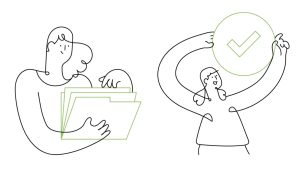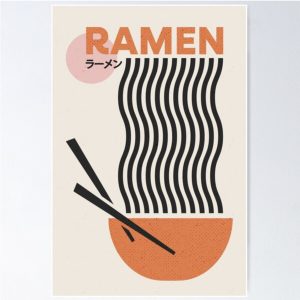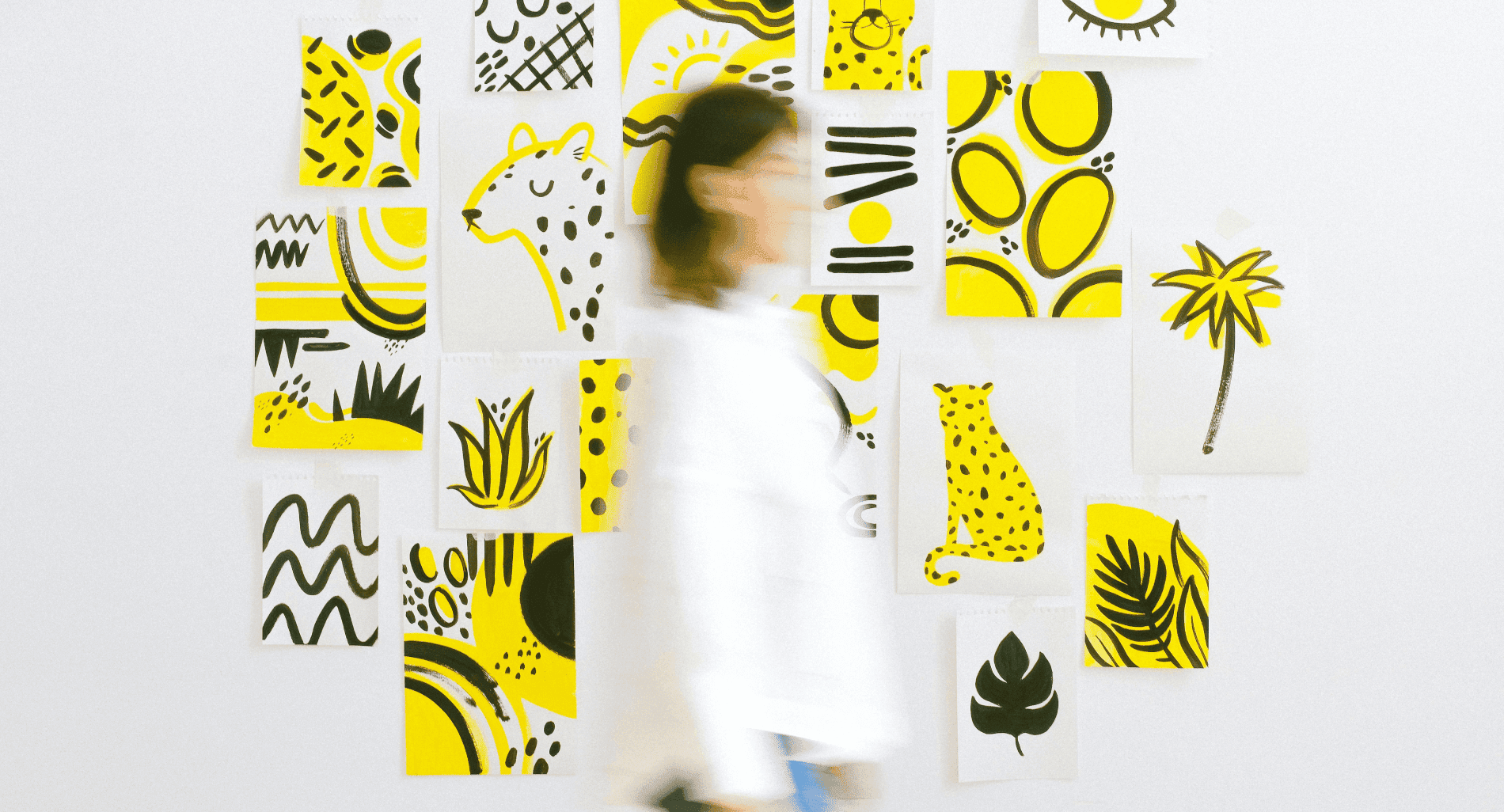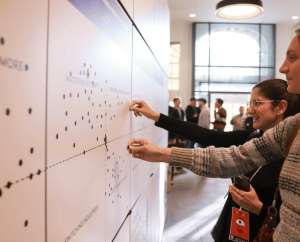Micro animations
Micro animations are a known part of digital design. These small, intricate artworks add depth, personality, and engagement to various actions taken by the user. The charm of micro illustrations lies in their ability to succinctly convey complex ideas, making them ideal for use in various digital contexts, from websites and apps to marketing materials and social media content. These tiny artworks can guide users through digital interfaces, highlight important information, and provide visual cues that improve navigation. For instance, micro illustrations are often used in onboarding processes, interactive tutorials, and tooltips, making complex tasks easier to understand and execute. Now the challenge is to make them more unique, brand-centered, and user-friendly. As the growth in use has been consistently progressing over the years, it is not expected to just stay as a trend in 2024.
Fine line art
Known for their delicate, intricate lines and minimalist aesthetic, fine-line illustrations offer a fresh and elegant approach. They are characterized by their use of thin and precise lines – to create detailed and often intricate designs. These illustrations are minimalistic yet highly expressive, capable of conveying complex ideas with simplicity and elegance. The appeal of fine-line illustrations lies in their ability to maintain a balance in design, yet add sophistication and refinement to digital designs, making them ideal for various applications from branding and web design to marketing and editorial content.

One Line Illustrations by One line illustrations by Ramy Wafaa. Source: https://dribbble.com/shots/16707145-One-line-illustrations
3D
3D illustrations have been gaining popularity in recent years, thanks to the increasing accessibility and user-friendliness of software and technical tools. The rise of online learning platforms like SkillShare has made it easier than ever to learn 3D design. The added dimension enhances the appeal of simple shapes and textures, making them stand out. Many illustrators are now incorporating 3D designs into their existing styles. This trend is evident not only in the personal portfolios of digital artists but also in music videos, corporate identities, and various commercial applications. Creating 3D designs is not only visually appealing but also enjoyable. Allowing artists to bring their unique creations to life in a virtual space.

Source: https://webepoch.com/3d-design/
Cartoons
Illustrations play a crucial role in making messages feel more friendly and approachable. Cartoon illustrations demonstrate a great array of different styles, anything from minimalistic palettes to bold and funky shapes. Despite that, in 2024, the cartoon illustrations are moving away from flat, monochromatic schemes to embrace bold, dynamic hues that captivate viewers. This shift is not merely aesthetic; it plays a crucial role in drawing attention, conveying emotions, and enhancing user engagement. Incorporating interactivity into cartoon illustrations is another trend that is making waves.
Dynamic elements, such as animated cartoons and interactive graphics, are becoming integral to digital design. These elements not only make the design more engaging but also enhance the user experience by providing interactive storytelling and immersive navigation. Websites and apps are increasingly using animated cartoons to guide users, explain features, and add a layer of fun to the user journey.
Cartoon illustrations in 2024 are pacing to celebrate diversity, equity and inclusion by showcasing diverse characters and stories. Designers are creating cartoons that represent different cultures, genders, abilities, and backgrounds, ensuring that digital designs are inclusive and relatable to a broader audience.
Vintage and retro fusion
Illustrations inspired by the first half of the 20th century are making a notable comeback. This era, known for its vibrant and elegant designs, was characterized by a slower, more intentional design process, devoid of modern technologies like laptops. Today, this nostalgic style is more accessible, with retro filters available on most social media platforms, sparking a renewed interest in vintage aesthetics.
In the digital realm, vintage color palettes and illustrated fonts are becoming increasingly popular in web projects. Brands are modernizing these classic fonts by incorporating unique colors, making them a timeless addition to contemporary designs. These design combinations can often be seen in the branding of new trendy restaurants as well as in fashion. This trend not only enhances the visual appeal but it also infuses a sense of history and authenticity into modern creations.

Source: https://www.redbubble.com/i/poster/Ramen-Japanese-Food-Retro-Minimalist-Mid-Century-Modern-Poster-by-enricadenicola/107622906.LVTDI
Furthermore, today’s illustrators are pushing conceptual boundaries, combining traditional techniques with modern technology. This blend allows for endless possibilities in textures, brush strokes, and color use, leading to a fresh and energetic approach to illustration. The industry is witnessing a switch back to these classic styles, with brands and publishers increasingly featuring illustrations in their content.
Sources:
https://designstripe.com/blog/16-inspiring-illustration-styles-for-2022
https://creativeinsights.gettyimages.com/en/trends/realness/illustrations-next-stand




